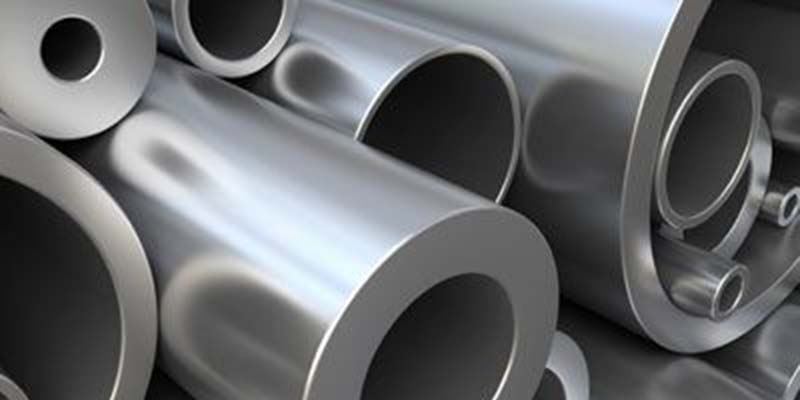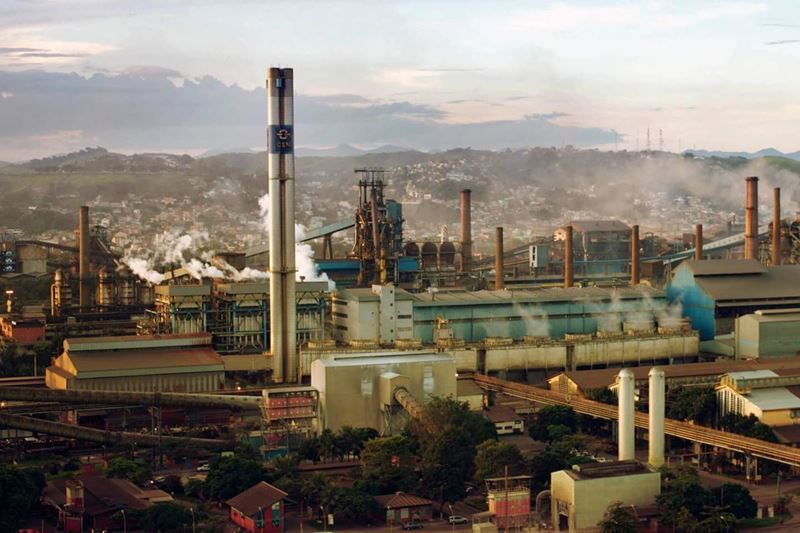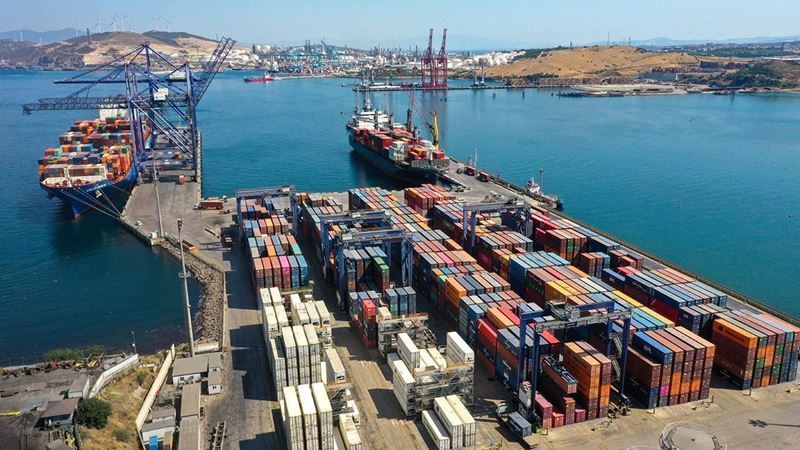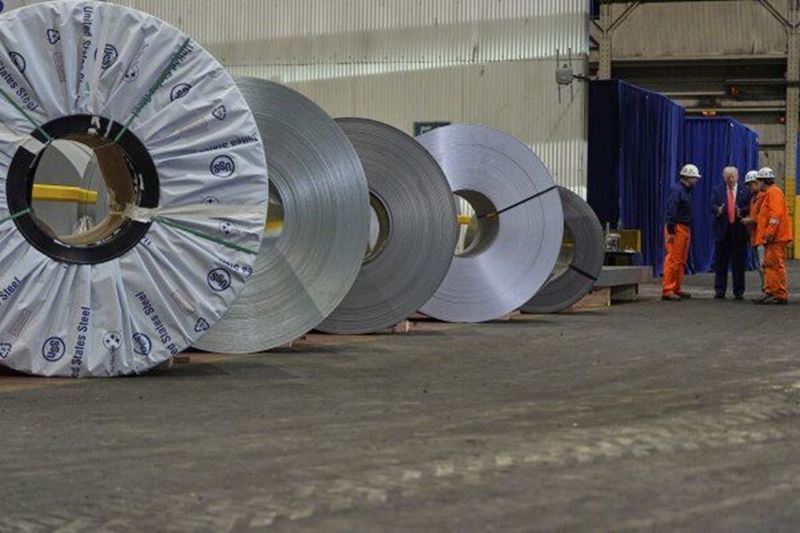Shortly before the completion of the antidumping investigation in stainless steel, the white goods sector is worried about a possible new tax. Gökhan Sığın, President of the White Goods Manufacturers' Association of Türkiye (TÜRKBESD), stated that there is no significant difference in the prices of stainless steel coming to Türkiye compared to both the prices of the country of origin and the world averages, and pointed out that a possible antidumping tax would further pressure the sector, which is going through a difficult period.
Tensions between Posco Assan TST, the largest stainless steel producer in Türkiye, and stainless steel product producers over additional duty and antidumping continue. As it can be remembered, the tension between raw material and product producers increased when the additional duty on stainless steel imports was increased from 8% to 12% on January 1, 2024, and increased further with the antidumping application filed by Posco Assan in May 2024. After evaluating the application, the Ministry of Trade opened a dumping investigation on June 28, 2024 against cold-rolled stainless flat steel products classified under various (21) customs tariff statistical positions originating from the People's Republic of China and the Republic of Indonesia. While 13 months have passed since the opening of the investigation, ministry officials are expected to complete their investigations and conclude the investigation in a short time. One of the biggest users of stainless steel, which is used in many sectors from automotive to kitchenware, is the white goods sector in Türkiye. While sales in the sector have been declining for nearly two years due to both demand and cost-related problems, white goods sector representatives believe that a possible antidumping will further complicate the process the sector is going through.
“Import prices are not subject to dumping”
Gökhan Sığın, President of TÜRKBESD, evaluated the latest developments in the sector and the tax discussions on stainless steel. Stating that over 30 million white goods were produced in Türkiye in 2024 and that the sector consumes approximately 1 million tons of steel/sheet metal annually, Sığın stated that the share of steel in production costs varies depending on the type of product and the period, but generally constitutes between 17% and 20% of the total cost. Pointing out that this ratio can increase even more during periods when sheet metal and stainless steel prices increase, Sığın stated, "Especially since stainless steel is more expensive, the pressure of this type of input in the total cost increases significantly. Therefore, any increase in steel and sheet metal prices or import costs will have a direct and significant impact on the sector's overall costs. At this point, it would be in the public interest to reduce restrictive measures in the supply of basic raw materials by considering the employment and export continuity of the sector, to review the protectionist practices on imports and to protect the sustainable competitiveness of the sector."
“There is no integrated stainless producer in Türkiye”
Emphasizing that there is no integrated stainless steel producer in Türkiye, Sığın pointed out that the current production refers to the processing of imported hot rolled stainless steel by cold rolling. Sığın stated, "However, the main raw material, which is the main input of production, is still supplied from abroad. The added value added to production in this process is around 10%, which is quite limited." Pointing out that sector data shows that the import prices of products originating from China and Indonesia are in line with international market levels, Sığın rejected claims that dumped stainless steel is imported from China and Indonesia. “There are no unusually low prices for these products that are independent of world prices,” Sığın noted: "Dumping technically means that the import price of a product is lower than the domestic market price or ‘normal’ value in the country of origin. Therefore, especially in the case of China, this normal value needs to be determined according to objective and transparent criteria. When we look at the prices of products coming into Türkiye, there is no significant difference between the prices in the country of origin and world averages. On the other hand, according to the rules of the World Trade Organization and Türkiye's Law on Prevention of Unfair Competition in Imports, it is not enough just to establish dumping for a measure to be taken. It is also necessary to demonstrate that the domestic producer has suffered damage and that this damage is caused by dumped imports. Finally, it should also be taken into account whether the measure to be taken is in the public interest."










Comments
No comment yet.